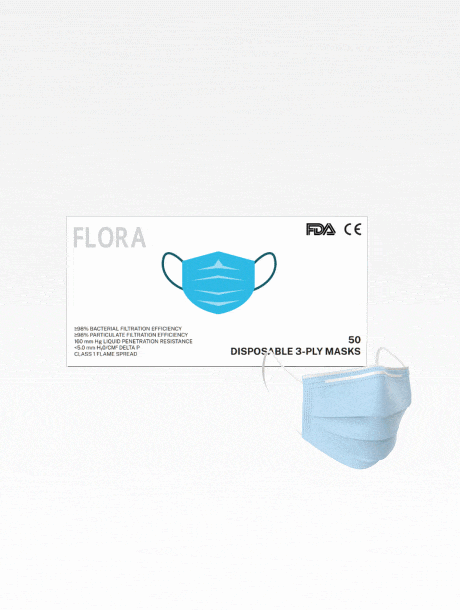People wearing neck gaiters or bandannas as face coverings may be doing more harm than good if they are infected with the coronavirus, according to a new study on mask effectiveness.
#Ad
Not all face coverings are created equal, and some of the single-ply, cotton and polyester materials that people are using because they're more breathable are, in fact, spreading more potentially effective particles than no mask at all, according to a study by Duke researchers.
The study involved having participants say the same phrase ("Stay healthy, people!") into an enclosed box through a variety of different masks — from N95 respirators to standard surgical masks to different cloth varieties. As the Washington Post reports, of the 14 face coverings tested, neck gaiters and simple cotton bandanas fared the worst in terms of allowing droplets to spread — and the neck gaiters actually dispersed larger droplets into smaller ones, making them potentially more effective at transmitting disease than wearing no mask would be.
Documenting how particles leave the mouth and escape cloth was done using a simple contraption involving a lens, a camera, a cardboard box, and a laser. Each study subject said the same phrase into the box with and without a mask, and the difference in particles was gauged — and each mask type was tested 10 times. The video below explains the study procedure.
The researchers caution that their study was limited, and it didn't not test different types of exhalation, singing, or speaking. But it should come as a warning that these neck gaiters, which many people are using while exercising or in place of other masks, aren't helping anyone at all.
The study also did not look at the effectiveness of the masks at blocking out particles and protecting the wearer, but it isn't a far leap to say that N95s are still likely the most effective at that. Nonetheless, people don't need these masks if they're just going out shopping to stay relatively well protected.
Interestingly, the study found that simple cloth masks, especially two-layer ones, are just about as effective as surgical masks at filtering particles emanating from the wearer's mouth.
One of the study's co-authors, Duke physics professor Warren S. Warren, tells the Post, "There’s a lot of controversy and people say, ‘Well, masks don’t do anything.’ Well, the answer is some don’t, but most do."
The World Health Organization has recommended that people where triple-ply masks, if possible.
Warren further said that people shouldn't just be going through the motions and satisfying local facial covering requirements when there are other lives at stake, potentially. "If you can see through it when you put it up to a light and you can blow through it easily, it probably is not protecting anybody," he tells the Post.
So, just another thing to think/worry about when you're dining out and your server is basically wearing a thin piece of pantyhose over their face.
Photo: Cindy Ord/Getty Images


